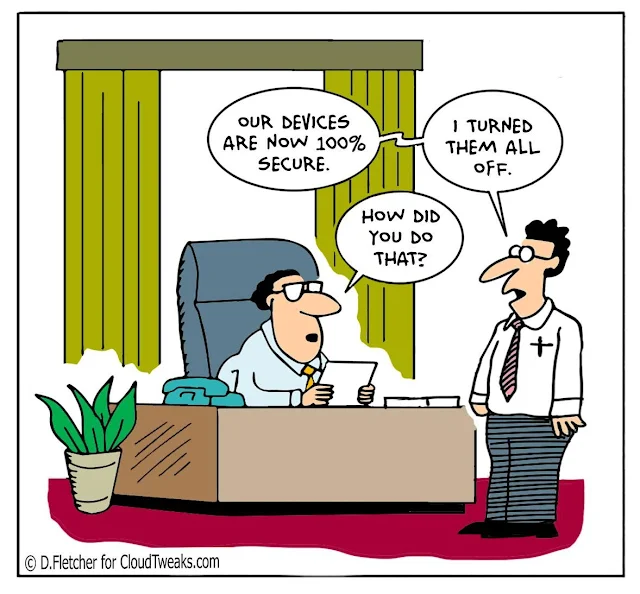When I first started using AI platforms, I was amazed by their abilities. But then this freedom-loving user learned something unsettling: these platforms often track our interactions, creating “profiles” to assess our behaviour.
Some even use “tracking scores” to monitor what we ask, which could, in some cases, raise flags with authorities depending on where you live.
In Canada, for example, laws like Bill C-11 (which regulates online content) have sparked concerns about increased data monitoring, a surprising shift for a country formerly known for its freedoms.
This discovery made me ask questions about how I use AI and other online tools. Is this really progress? And, how much do I need this in my life?
I realized that protecting my privacy isn’t just about staying safe. It’s also about personal freedom, mental well-being, and disturbing societal trends toward increased high-tech surveillance that scoops us all up in the same net whether we are ‘’doing something wrong’’ or not.
It is also about living simply and intentionally, free from the clutter of digital tracking.
AI platforms often have “limits” on what they can discuss, designed to prevent misuse but also to comply with laws or company policies. While these limits aim to protect users, they can feel like a loss of control over finding out the truth.
The good news? You can take steps to safeguard your privacy and simplify your digital life.
I started by deleting accounts and clearing the search history on platforms I might use again.
These small actions gave me a sense of disconnecting from the machine, aligning with my goal of living with less digital intrusion.
I also learned that protecting your privacy doesn’t require advanced tech skills, and that simple changes can make a big difference.
Here are three easy ways to get started:
- Switch to a Privacy-Focused Browser: Use DuckDuckGo or Brave instead of mainstream search engines. These tools don’t track your searches, keeping your questions private.
- Clear Your Digital Footprint: Regularly delete cookies and browsing history, or use “incognito” modes to reduce data collection.
- Limit Personal Queries on AI: Avoid sharing sensitive details with AI platforms, and explore privacy guides online (try searching “protect digital privacy” on a secure browser).
By taking these steps, I’ve started to reclaim control over my digital life: a mental decluttering that is liberating and grounding.
Living simply means focusing on what matters, and protecting your privacy is a powerful way to do that in today’s connected world.
If you’re curious about other ways to stay private online, a quick web search can point you to tools like VPNs or encrypted apps.
Maybe don’t wait, and act while the information is still easy to find.
Or severely limit your use of your devices, which is one way to reclaim not only your privacy, but perhaps also your life.
Are you concerned with online privacy, and increasing surveillance by private and government actors?

Sure I'm concerned. Especially because it does become more advanced with so called 'AI' (a term I still hate to use because sofware does not 'think'). But surveillance has been there ever since the internet and pc's existed. No illusions about removing information from your hard-disk. It doesn't take away what has already been registrated from where you've been. If you want to be safe keep a low profile. Commercial pop-up's from looking for this or that product, what I do sometimes to know about my curb finds, just neglect. After a while they dissappear.
ReplyDeleteThat is right - surveillance is hardly a new thing. Keeping a low profile is always good advice.
Delete- Gregg
Yes, I am concerned. I have been trying to reduce the amount of time I spend online. And also, use online searches as a last resort after I have done some thinking for myself about whatever the issue is, rather than rushing straight to the internet with every minor query I have. I deny cookies wherever possible. I try to give myself screen free evenings on working days and turn off my wifi overnight. Baby steps.
ReplyDeleteReducing time online can only be a good thing. ‘’Do I need to look this up’’ is a great question to ask before proceeding. I too decline all cookies, and I use a browser that blocks most trackers, meaning thousands of requests are turned down, reducing the amount of businesses watching my internet usage for data mining and profit.
DeleteTaking screen breaks is also the way to go, and the less one is online, the more secure they will be in the long run. You are doing great.
- Gregg